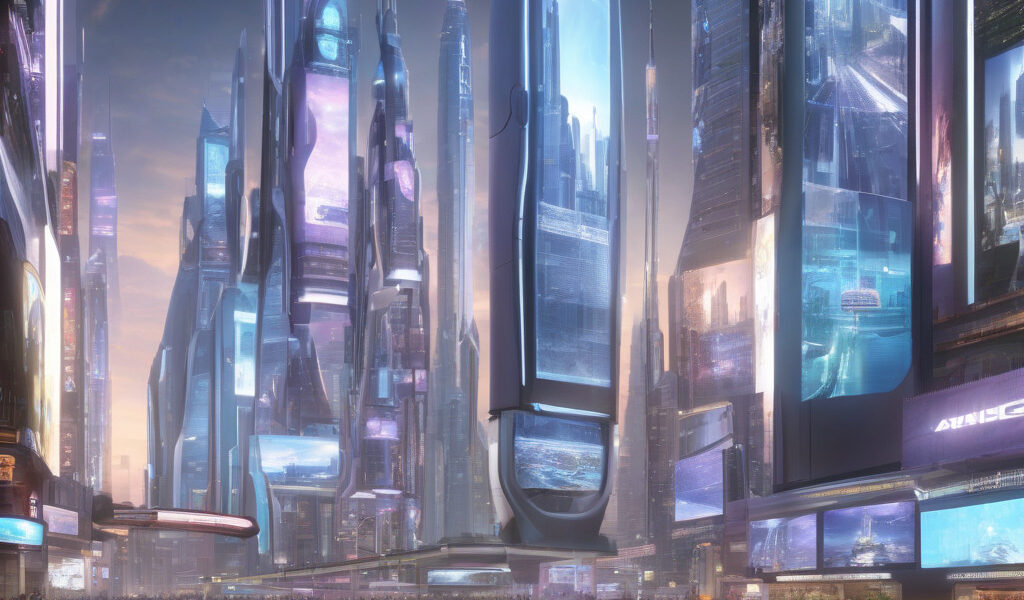Agentic Commerce And ‘Futurecasting’ Big Bets In 2025
With 2025 on the horizon, marketers are gearing up to stay ahead of the curve and capitalize on emerging trends in the digital landscape. The pursuit of the next groundbreaking innovation is an ongoing quest in the world of marketing. However, as we look forward to the upcoming year, it seems that the focus is shifting towards strategic initiatives that promise long-term, sustainable results rather than quick wins.
One concept that is gaining traction in marketing circles is agentic commerce. This approach emphasizes empowering consumers to take control of their online shopping experience by providing them with the tools and information they need to make informed decisions. In agentic commerce, customers are not just passive recipients of marketing messages; instead, they are active participants in the buying process. By giving consumers more agency, brands can build trust, foster loyalty, and drive conversions.
Another key trend that is set to shape the marketing landscape in 2025 is the practice of ‘futurecasting.’ Futurecasting goes beyond traditional forecasting by envisioning and creating the future that companies want to see. It involves taking calculated risks and making bold bets based on insights and trends. By futurecasting, brands can position themselves as industry leaders, differentiate themselves from competitors, and stay ahead of consumer demands.
In the fast-paced world of e-commerce, staying relevant and competitive requires a deep understanding of consumer behavior and preferences. Brands that can anticipate and adapt to changing market dynamics will have a distinct advantage in 2025. Here are some strategies that marketers can consider as they plan their ‘big bets’ for the coming year:
- Personalization at Scale: With advancements in AI and machine learning, brands can deliver personalized shopping experiences at scale. By leveraging data and analytics, marketers can tailor their messaging, product recommendations, and offers to individual customers, driving engagement and loyalty.
- Omnichannel Integration: As consumers increasingly move between online and offline channels, brands need to ensure a seamless shopping experience across all touchpoints. Integrating e-commerce platforms with physical stores, social media, and mobile apps can help brands reach customers wherever they are and drive conversions.
- Sustainability and Social Responsibility: In an era of heightened environmental awareness, consumers are looking to support brands that are committed to sustainability and social responsibility. By aligning with causes that matter to their target audience, brands can build trust, enhance their reputation, and attract socially conscious consumers.
- Voice Commerce: The rise of voice-activated devices like smart speakers presents a new frontier for e-commerce. Brands that optimize their websites for voice search and enable voice-based shopping experiences can tap into this growing market and provide added convenience to customers.
As marketers gear up for 2025, the focus is shifting towards strategic initiatives that promise sustainable impacts rather than fleeting successes. By embracing concepts like agentic commerce and futurecasting, brands can stay ahead of the curve, adapt to changing consumer preferences, and secure their position in the ever-evolving digital landscape.
#AgenticCommerce, #Futurecasting, #EcommerceTrends, #DigitalMarketing2025, #SustainableMarketing












